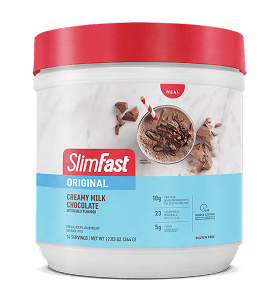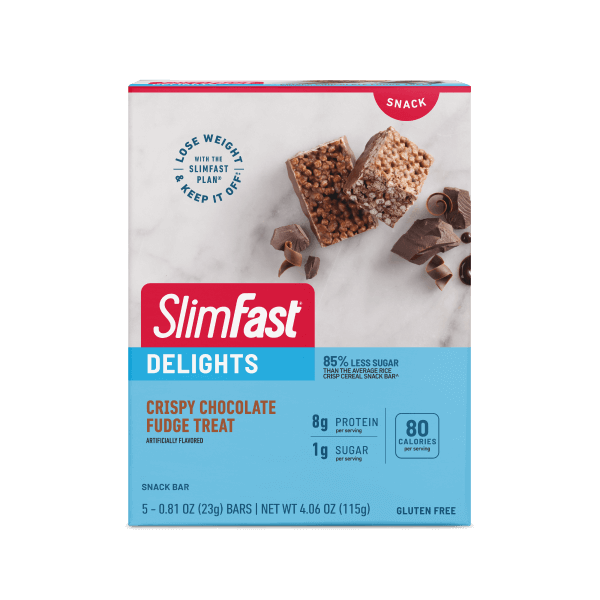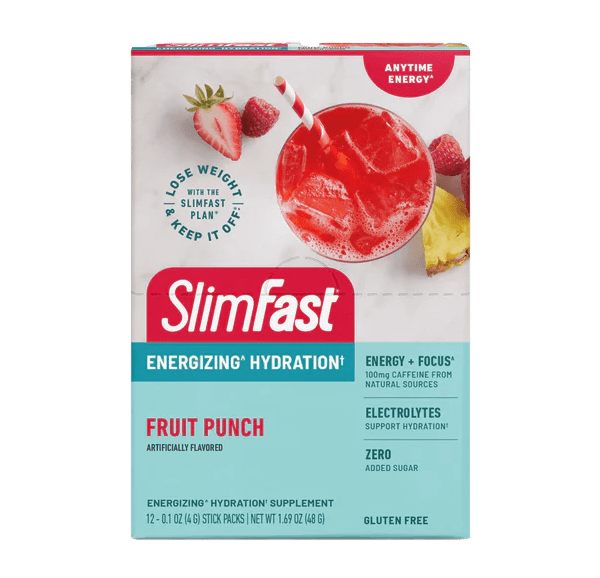Snacks were once viewed as unhealthy forbidden treats used for rewards and special occasions. However, the concept of snacks have evolved and have become part of many individuals’ everyday dietary routines. It is estimated that 94% of adults in the US snack at least once a day and 50% snack two to three times per day. Today, snacking is recognized as an important nutritional element in helping to maintain a healthy lifestyle and overall diet. Take a look at some of the ways snacking can work with your routine.
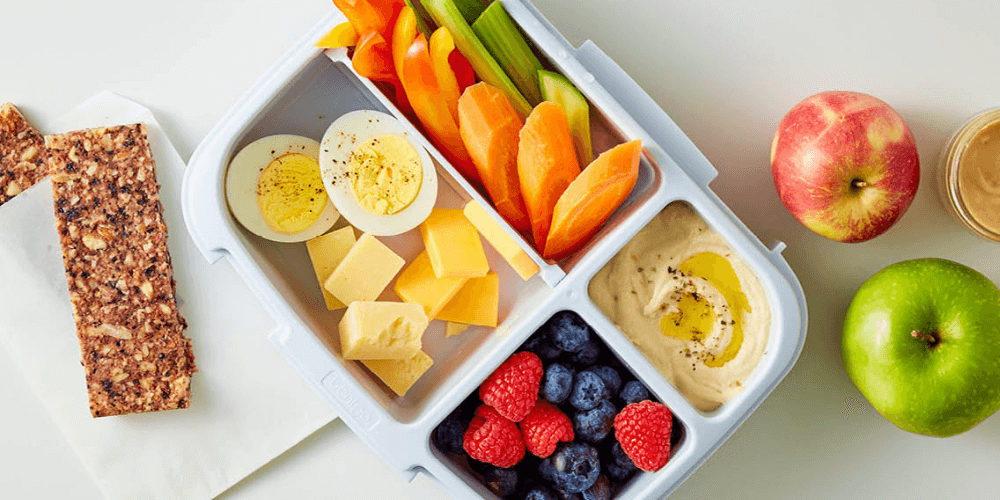
- Help get you to your eating occasion (meal or snack). Our bodies and minds need glucose or sugar to function, so include a complex carbohydrates plus high-quality protein and healthy fats to help to get you to your next meal or snack may be helpful for convenience purposes. Examples of complex carbohydrates include foods such as whole grain crackers, oatmeal, popcorn, whole wheat pita, granola and more.
- Provide additional nutrients , Especially Fiber: Snacks can help to provide a source of nutrients we may not often consume during other eating occasions. This is a prime time to get in some vitamins, minerals, antioxidants and fiber. Fiber can help us to feel full and support digestion. Aim for a fibrous food to include as part of your snack. Examples of fibrous foods include apples with skin, raspberries, strawberries, carrots, edamame, black beans, avocado, oats, nuts and seeds.
- Curb your hunger in between meals One of the most commons reasons why people snack is to curb hunger between meals. Having a balanced snack can be a way to prevent feelings of restriction and tide you over until your next meal.
- Support Muscle. Muscle is important for all healthy adults as well as those with goals to weight loss. Muscle is metabolically active meaning is burns calories. The more muscle we have the higher our metabolism. Aim for a high-quality protein source among each snacking occasion, Include a high-quality protein source with snacks such as yogurt, cottage cheese, string cheese, hard-boiled eggs, edamame, turkey, tuna, protein smoothies and protein bars.
- Make Better Choices Throughout the Day: Planning ahead and prepping healthy snacks can encourage good food choices throughout the day. When planning out your snacks, consider choosing from a variety of ready-to-eat options that can support your daily nutrition goals. Convenient, on the go, protein-rich snacks include protein bars, almonds dipped in a whey protein-enriched confection and other grab and go protein snacks.
- Monitor hunger cues. Bypassing our internal hunger cues can often lead to overeating later throughout the day and before bed. When we ignore our bodies and create excessive hunger it can lead us to consume a larger amount of food in a single eating occasion. Instead honor your hunger and satiety and snack when smart throughout the day as needed.
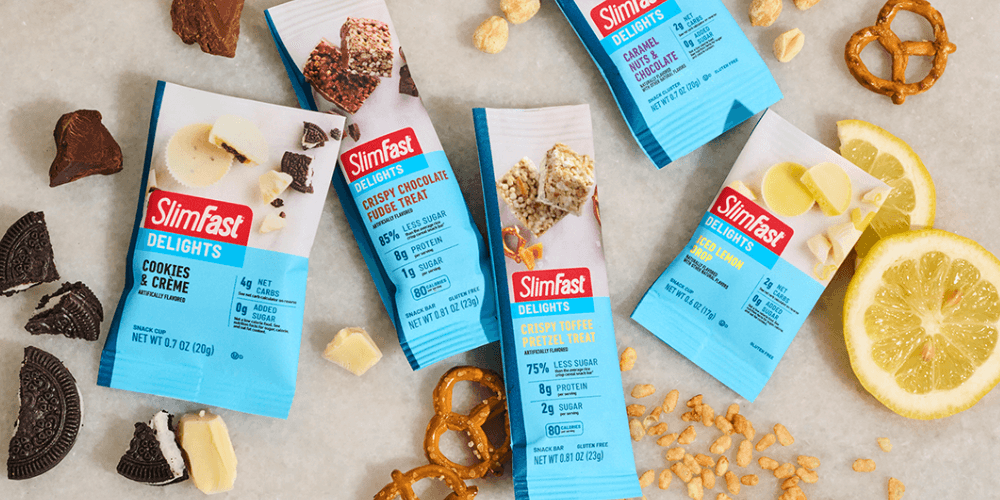
Snacks can include a wide variety of foods and really depends on you and your preferences. Snacks do not have to be perfect. It can be a small portion of yesterdays leftovers or meal. There are so many foods to choose from. Find balance and find what works for you. Here are some quick snacking ideas for you to get started.
- Banana and nut butter
- Trail mix with popcorn, nuts, and dried fruits
- Tuna on whole wheat bread
- Hard boiled eggs with a piece of toast
- Greek yogurt and mixed fruit
- Cottage cheese and apple slices
Overall, it is important for individuals to identify their own eating characteristics and perceptions towards meals and snacks. The way individuals label an eating occasion may influence the remainder of their food choices throughout the day. Ultimately, we want to be mindful of how our food choices can positively support our nutrition and fitness goals.

